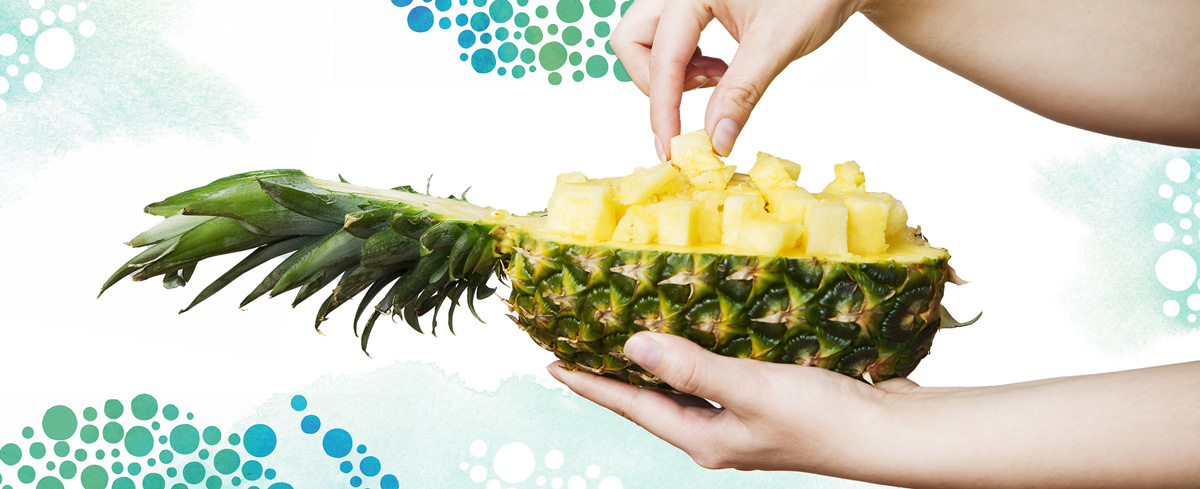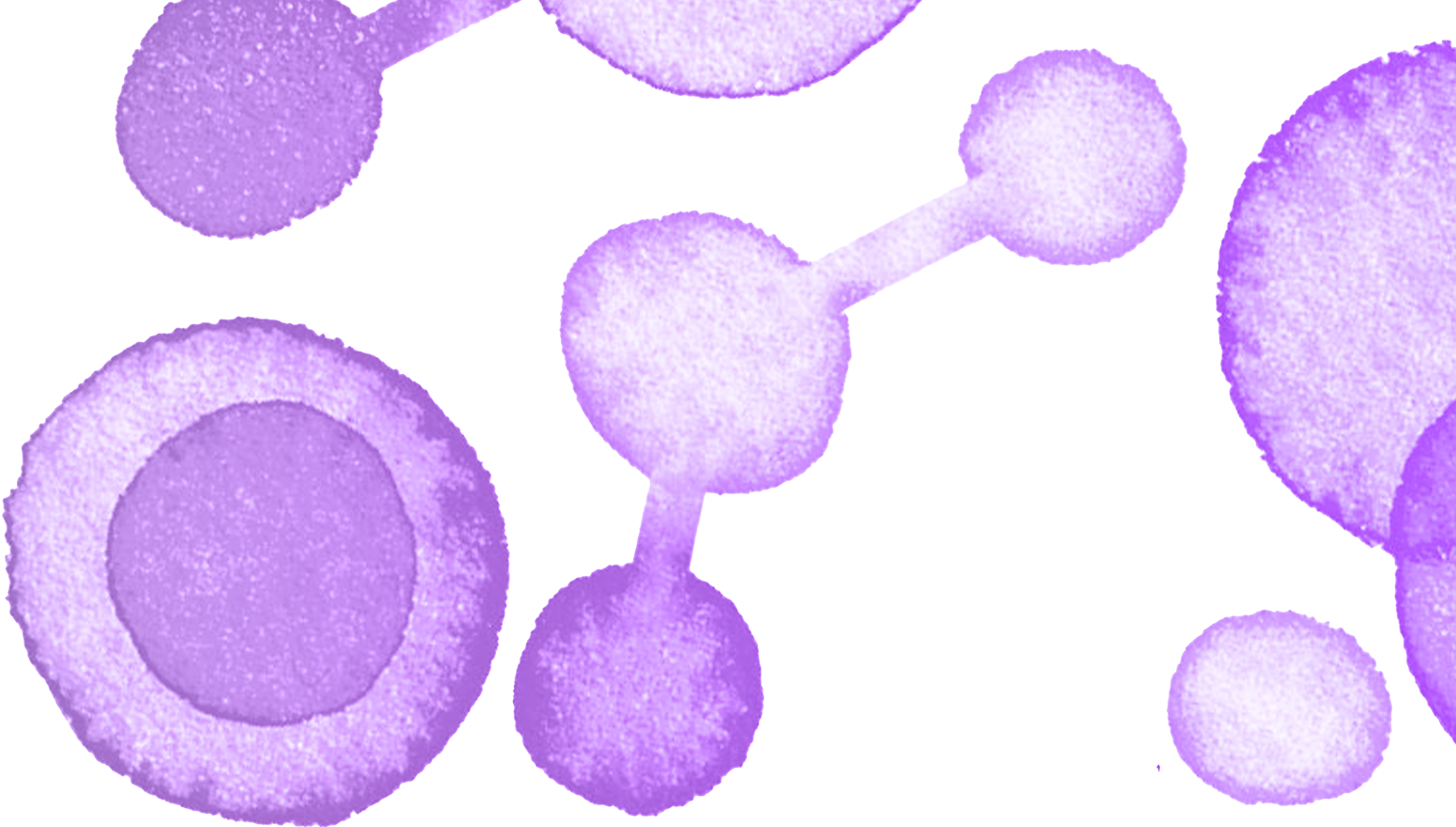
When scrolling through Instagram, you may have seen images of a woman wearing colorful socks with imaginative patterns in the waiting room at the fertility clinic.
Or perhaps you’ve seen a post featuring McDonald’s French fries being eaten after an egg retrieval appointment or a post shared by someone who swears that eating pineapple helps with embryo implantation. These seemingly odd practices have something in common – they all relate to rampant superstitions in the infertility community.
While these fertility superstitions are just that – superstitious – many of them do have actual science behind them, science that may have been taken a little bit too out of hand, that is. So let’s look at some of the most commonly shared fertility myths: what they are, how they came to be, and what the truth really is.
Eating Pineapples After Ovulation or Embryo Transfer
If you’re a member of the infertility community, then you probably already know — pineapples have essentially become a universal symbol for infertility. This is because many people associate pineapples with good fertility. There is some evidence behind this: pineapples, particularly the core, have an enzyme called bromelain, which helps break down the proteins in food to help with digestion. Some also believe it to be highly anti-inflammatory. Unfortunately, no evidence points to bromelain or pineapple imporving fertility or increasing chances of successful implantation. However, pineapple has a ton of nutrients and fiber, making it a great post-doctor’s appointment snack.
Downing Pomegranate Juice Before Ovulation
Like pineapple, pomegranates are another vitamin-rich fruit with a questionable reputation in the infertility community. Some believe that pomegranate juice promotes circulation, especially in the uterus, which increases fertility. While it is true that pomegranates are packed with antioxidants, they are not a miracle fruit that will put your reproductive system into overdrive. Nevertheless, pomegranates are still a great addition to your diet, as they contain many folic acids, which are extremely important for fetal development. So, while it may not boost your fertility, adding a little bit of it to a balanced diet is a great way to get important nutrients as you continue in your fertility journey.
Snacking on McDonald’s French Fries After Egg Retrieval
This is an easy one. The myth that eating McDonald’s French fries boosts fertility comes from a recommendation by doctors for people with ovarian hyperstimulation syndrome (a potential complication of IVF) to consume more salty foods after egg retrieval. Unfortunately, all it takes is one person to post online that they got pregnant after eating the salty snack from the Golden Arches for everyone else to be convinced. The fact is that all eating McDonald’s French fries will do for you is satisfy a salty snack craving. However, there’s nothing wrong with grabbing McDonald’s after a fertility appointment. After all, fertility treatment is tough, and you deserve all of the pick-me-ups.
Wearing Lucky Socks to Your Appointments
This last one may not have any scientific evidence to back it up, but it sure has spread like wildfire throughout the infertility community. Many people have something special they bring to their doctor’s appointments, like a “lucky” pair of socks. A pair of colorful patterned socks will not convince your uterus to start listening to you, but it may provide you with some peace and comfort. While not counting on it as an item that will bring you tangible luck, having something special that you get or wear to each appointment is a great way to bring your mind into a more positive thinking pattern. What it can be is a symbol of hope, one that can eventually turn into a piece of memorabilia that you can look back on with joy after you successfully complete the trials of your fertility journey.
Many other myths are floating around in the infertility community. It makes sense — so many of the community rely on whatever form of hope they can hold onto to keep going on their journey. While none of these superstitions are actually true, if they help make you feel better and keep you in a positive state of mind, there’s no reason for you to stop.


